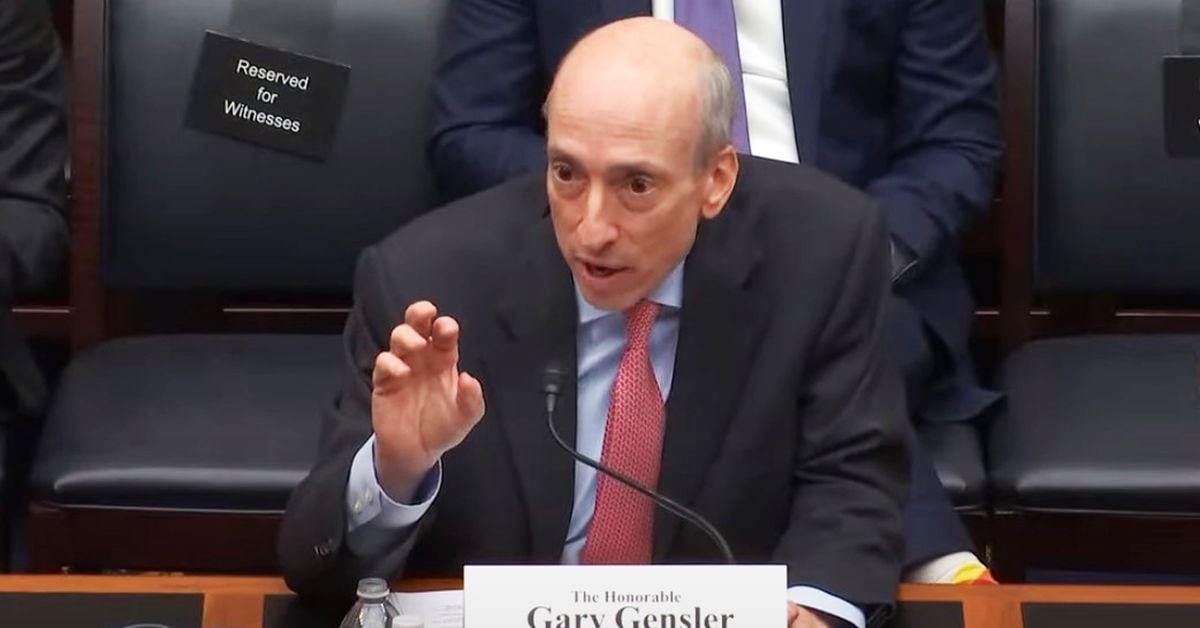
U.S. regulators are asserting that Coinbase’s attempt to dismiss the securities law violation case it faces should be rejected, as they argue that the crypto exchange’s justification contains “fatal flaws.” The Securities and Exchange Commission (SEC) filed a lawsuit against Coinbase in June, alleging that the company failed to register as a securities exchange with the markets regulator. Coinbase, in response, has sought to have the case dismissed by arguing that the crypto transactions on its platform do not fall under the definition of an investment contract.
However, the SEC is urging the court to ignore Coinbase’s argument. In a filing on Tuesday, the regulatory body emphasized that the court’s interpretation of the “Howey test” is at stake. The Howey test helps determine whether an investment qualifies as a security and must be regulated by the SEC. Coinbase maintains a narrow view of the test, while the SEC argues that it should be flexible and broadly interpreted.
The SEC’s contention is that Coinbase intermediated transactions in “investment contracts,” and therefore, customers on its platform should be entitled to the protections of federal securities laws, which require intermediaries in securities transactions to register with the SEC. Coinbase, on the other hand, argues that crypto trades do not meet the definition of an investment contract because no formal contract is established in the transaction.
The SEC disputes Coinbase’s assertion that a formal contract is a prerequisite, stating that no court has ever held such a requirement. The regulator further argues that the assets listed on Coinbase’s platform are within its jurisdiction as securities and that previous court decisions have affirmed this.
Coinbase’s Chief Legal Officer, Paul Grewal, maintains that the assets listed on the platform are not securities and are not subject to the SEC’s jurisdiction. Grewal refers to recent court decisions that have reinforced this position. However, the SEC has pushed back against Coinbase’s argument, stating that just because the agency allowed Coinbase to go public does not automatically endorse that the trading on the platform conforms to securities laws.
The SEC contends that Coinbase was aware from the beginning that a crypto asset traded on its platform could be classified as a security if it met the Howey test. The court ruling on this case will provide clarity on whether Coinbase’s crypto trades fall under the jurisdiction of securities laws or not.
This legal dispute between Coinbase and the SEC highlights the ongoing challenge of defining and regulating cryptocurrencies within existing regulatory frameworks. As the crypto industry continues to evolve, finding a balance between innovation and investor protection remains a pressing issue for regulators worldwide.






